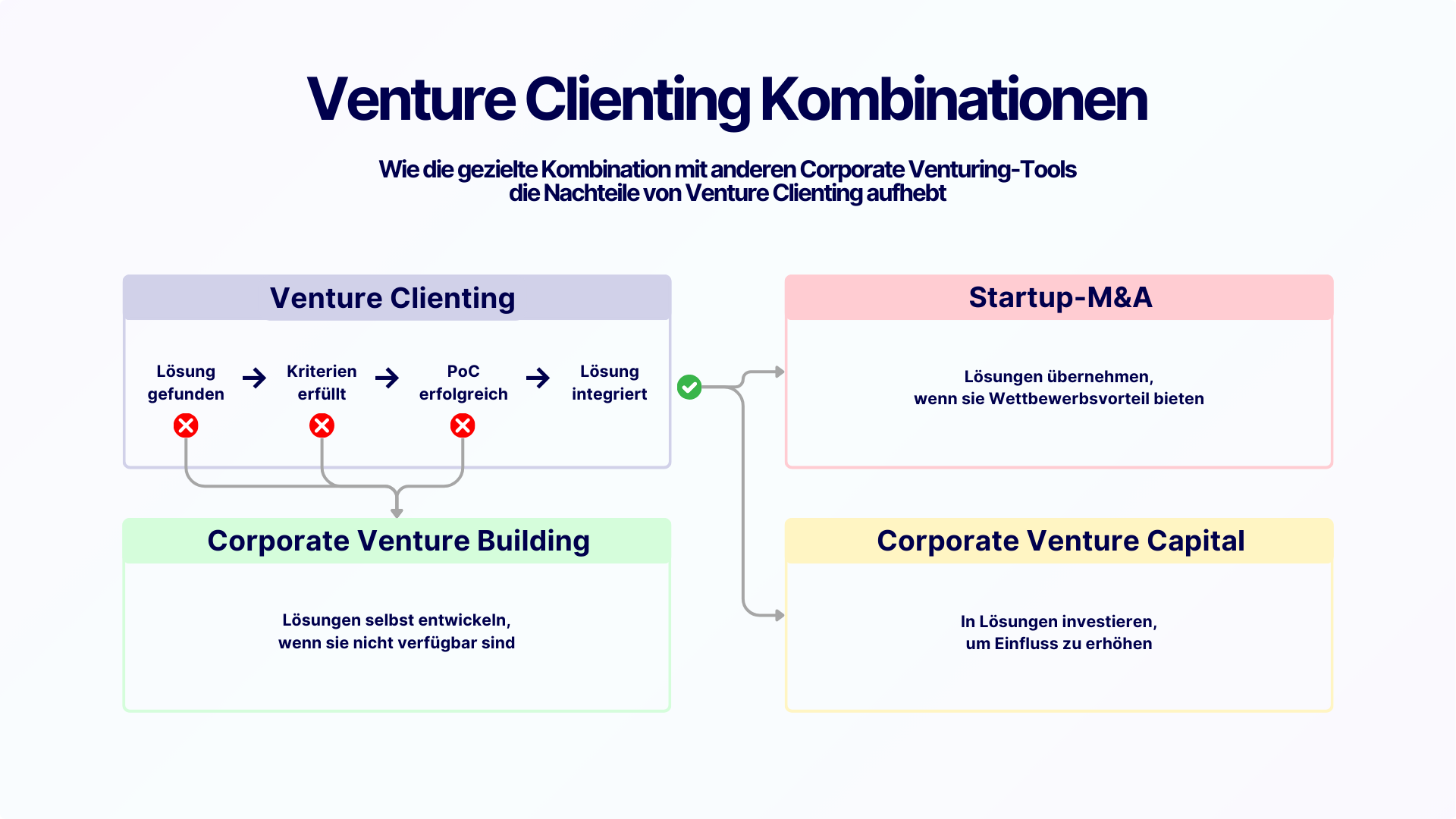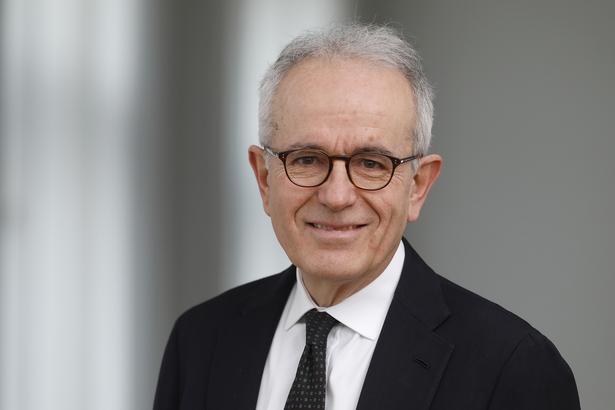"We also make mistakes in the initial selection"

Christian Hoppe is Co-Managing Director of Silicon Valley Bank, which specializes in start-up financing. In this interview, he talks about overvalued fintechs, why sometimes a beer mat is enough for a presentation and missteps.
Unlike the large financial institutions, Silicon Valley Bank (SVB) has focused on financing start-ups and innovative companies, focusing primarily on venture debt. The SVB's deals make savings bank bosses shake their heads, because loans in the early stages of companies are often a risky undertaking. Here, Christian Hoppe explains the concept - and why he sees tendencies towards overvaluation in companies such as TradeRepublic or WeFox.
Mr Hoppe, Silicon Valley Bank doesn't want to be a normal bank, what do you specialize in?
In principle, we have four pillars that we serve: The first is start-ups, which we finance via venture debt, preferably over five years and from a volume of one million euros. We also provide them with working capital lines or support them with acquisitions. As a second client group, we finance venture capital funds with so-called capital call lines. Our third customer segment is debt-financed takeovers by means of private equity, also known as leveraged buyouts. The fourth segment is classic corporate financing for medium-sized companies that are particularly active in innovative and disruptive areas.
What distinguishes your work from traditional lending?
Venture debt, i.e. the mixture of debt and equity, would not be available in this combination at normal financial institutions. We have built up and expanded our expertise in these two areas over the years, and the big banks can hardly jeopardize this lead, even if most of them are now slowly realizing that start-ups are the future and not just a flash in the pan.
How do you operate?
We are very activist, although not in the sense that we demand a seat on the supervisory board or anything like that. We help by making our broad network available, i.e. providing access to potential investors, customers and producers. We are not a capital broker in that sense. In the best case scenario, we also grow with the growth of our customers. And the ecosystem is in turn the basis for innovation. This is clear from successful examples such as Biontech. We are very entrepreneurial in the way we think, trade and speak.
Sometimes a beer mat is enough to get an idea across
Christian Hoppe, SVB
How do founders get money from you?
It's relatively simple, because we don't have any exclusion criteria and finance from Series A funding onwards. We only look at three criteria: the business model, the founding team and the companies that are financing the start-up. As far as we are concerned, the start-up can still make a loss, and in some cases we finance it even before it generates sales. We usually invest when a financing round has just been concluded, i.e. we add debt on top of the equity round, at a maximum ratio of 30 to 70.
What should founders bring to the meeting?
To be honest, sometimes a beer mat is enough to get an idea across and really light the fire. But then there are presentations with 30 PowerPoint slides, where I think nothing will come of the first 20 and then it turns around. There is no one perfect solution. My advice: send me everything, I'll take a look at it and then we'll evaluate it. But we also make mistakes in the initial selection. My gut feeling has already led me wrong when assessing a business model - in the end, it turned into a unicorn.
There are currently many fintechs that are becoming unicorns. Are the valuations too high?
The valuation is what the valuation is. There are obviously investors who are prepared to pay certain prices for shares in certain companies. But there are also current cases such as TradeRepublic or Wefox - on the one hand, I'm delighted that they are so big, but if you compare the valuation with that of a bank like Comdirect, you can clearly see certain tendencies towards overvaluation. But fintechs can't help that: If some US fund comes along and puts quite a lot of money on their table and at the same time doesn't care about dilution, then they can heroically refuse, but why should they?
In the long run, there will almost certainly be a slowdown
Christian Hoppe, SVB
Will we also see a cooling off again?
The scene will continue to feed off the current funding for quite some time and even then, things could continue to go uphill. We all thought the coronavirus pandemic might be a damper, but it was a boost. But yes, there will almost certainly be a slowdown in the long term. However, I can't say what it will look like and when it will come. I just hope that the banks and investors who now see start-ups as a "sexy thing" will stay on the ball in the long term. After all, venture debt is a very sensible product, but it has to be used responsibly - ideally across all economic cycles.
Thank you very much for the interview.
Personal details: Christian Hoppe is Co-CEO of Silicon Valley Bank Germany. He started there in 2017 and was previously founder and CEO of Main Incubator GmbH, a wholly owned subsidiary and FinTech investment vehicle of Commerzbank AG.

Newsletter
Startups, stories and stats from the German startup ecosystem straight to your inbox. Subscribe with 2 clicks. Noice.
LinkedIn ConnectFYI: English edition available
Hello my friend, have you been stranded on the German edition of Startbase? At least your browser tells us, that you do not speak German - so maybe you would like to switch to the English edition instead?
FYI: Deutsche Edition verfügbar
Hallo mein Freund, du befindest dich auf der Englischen Edition der Startbase und laut deinem Browser sprichst du eigentlich auch Deutsch. Magst du die Sprache wechseln?















